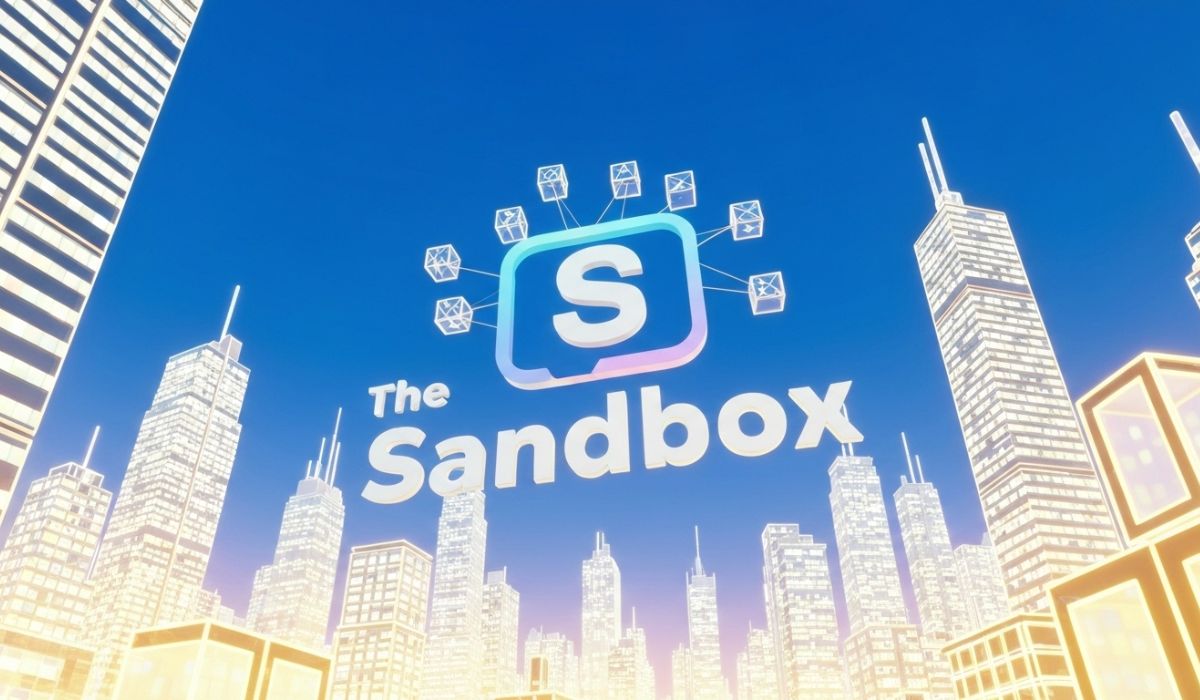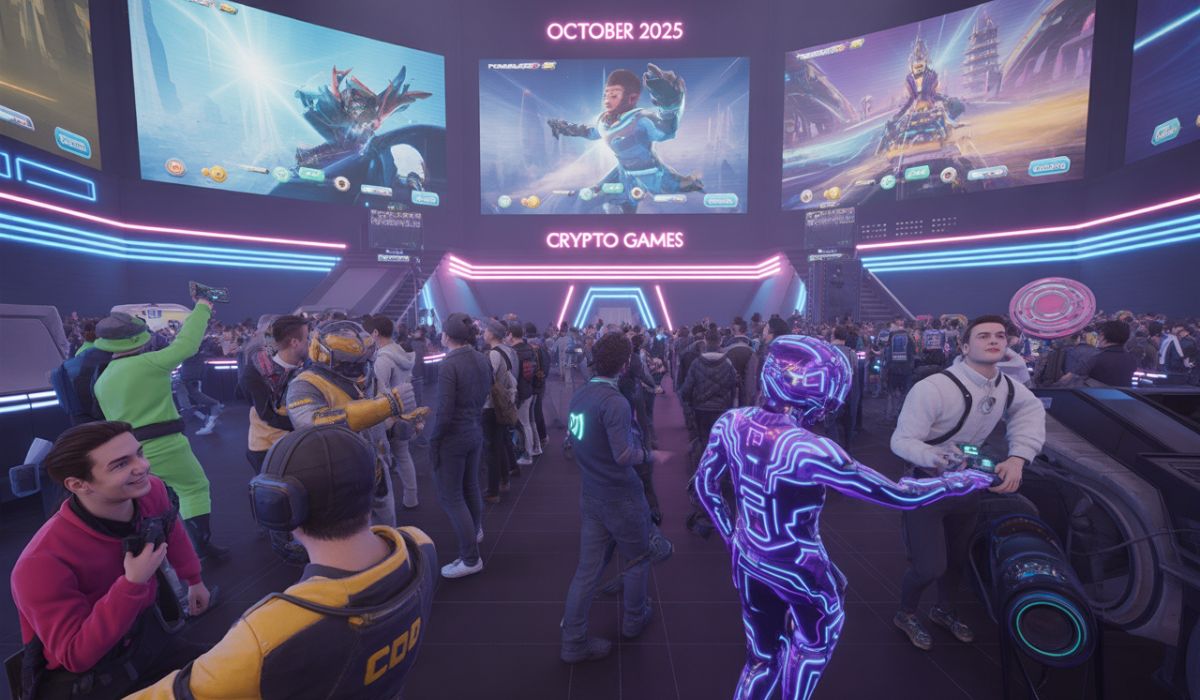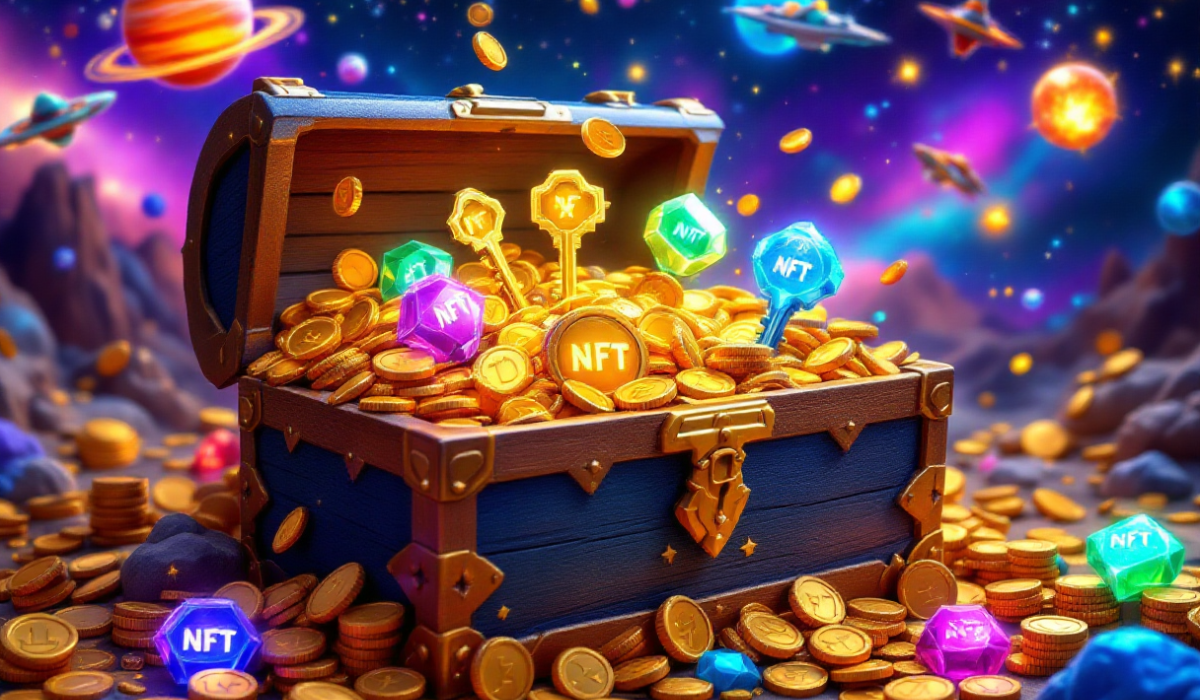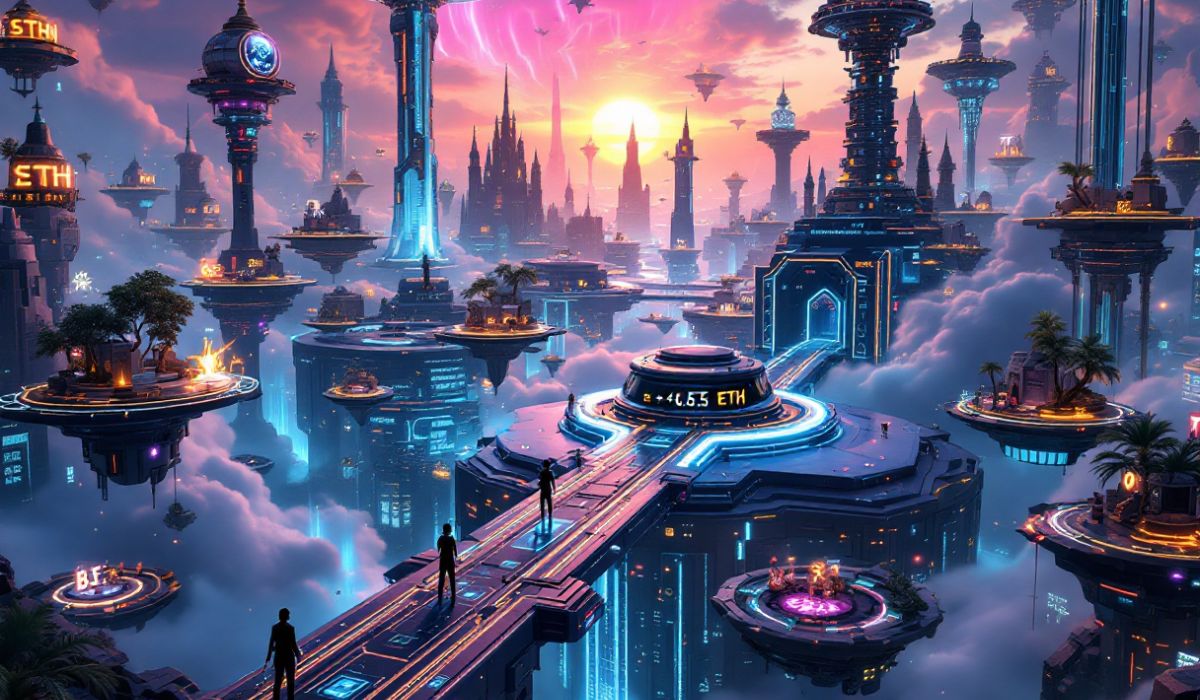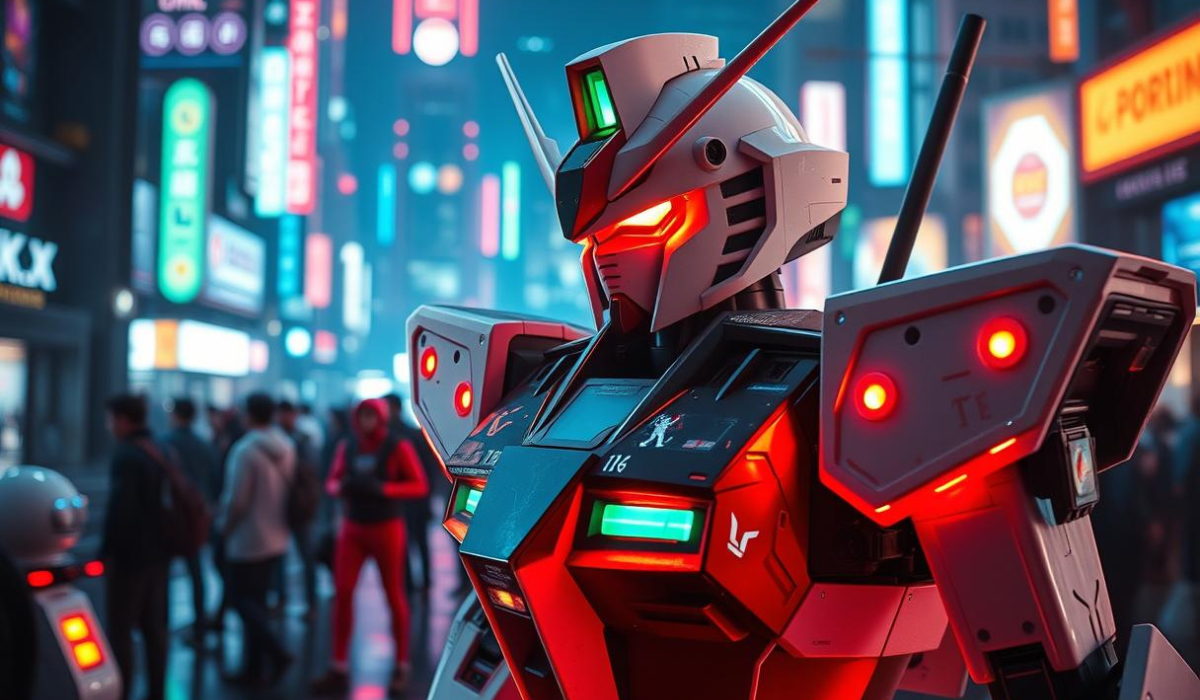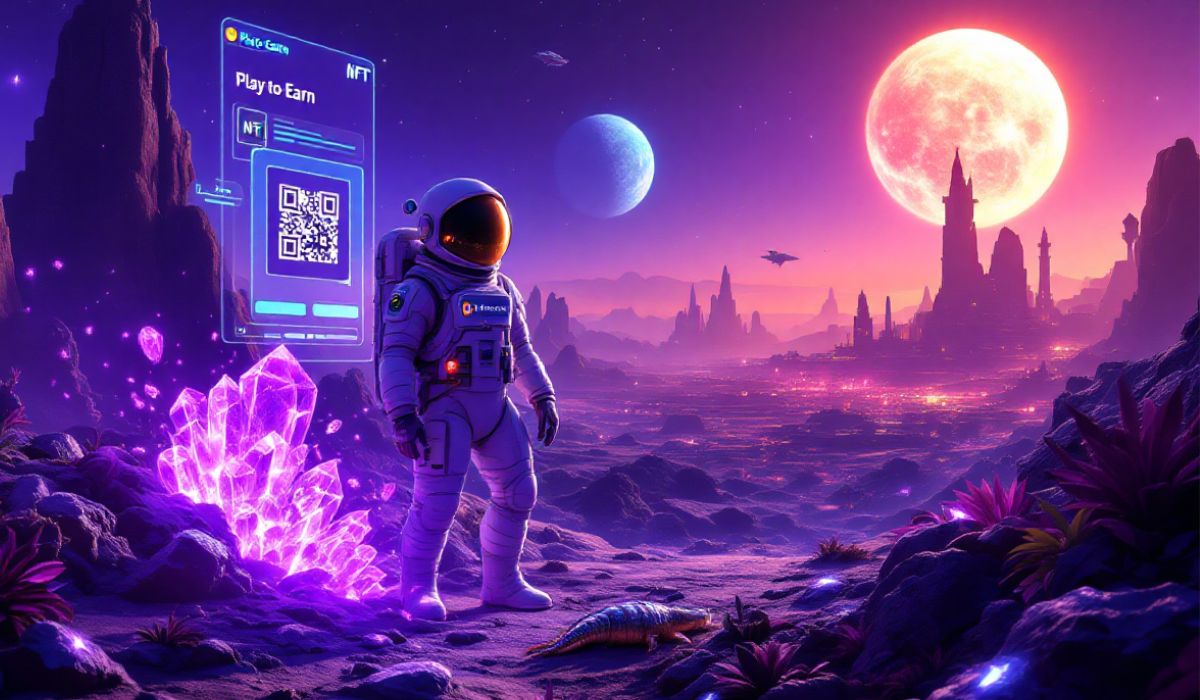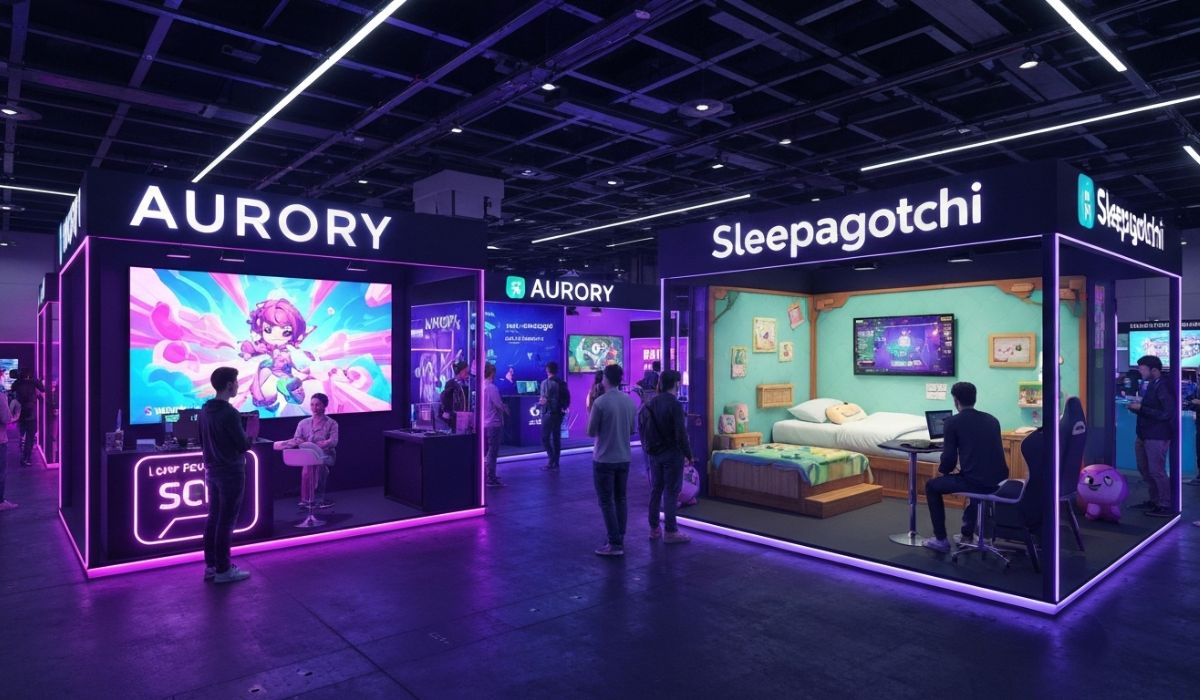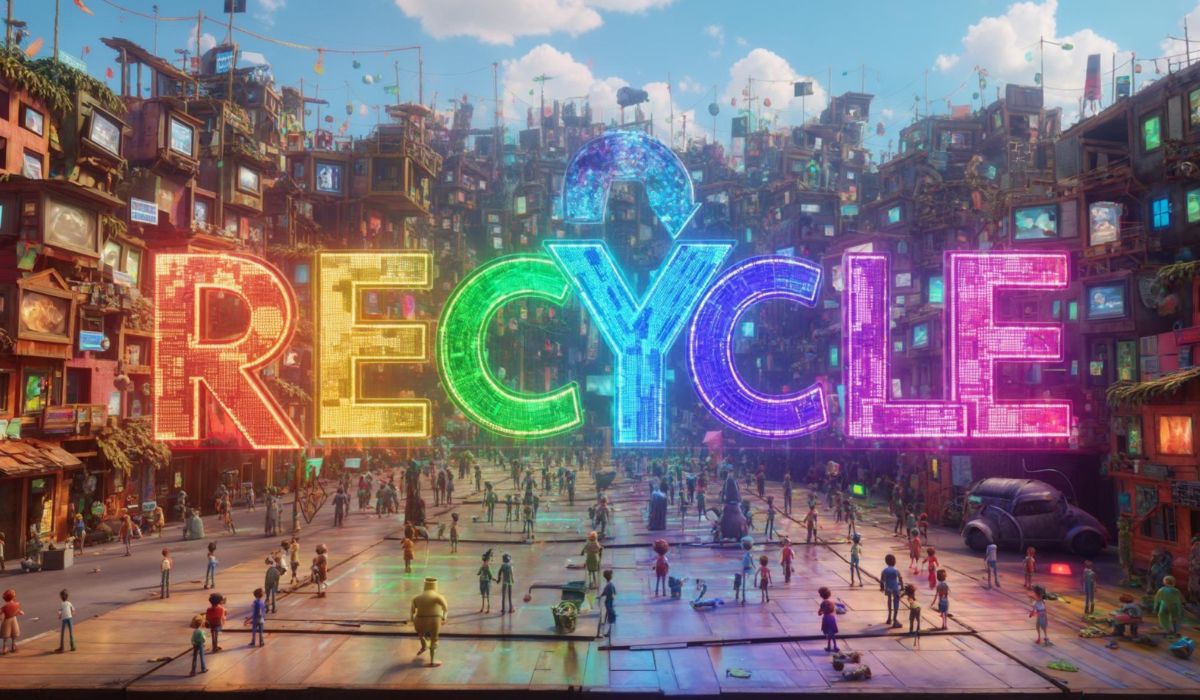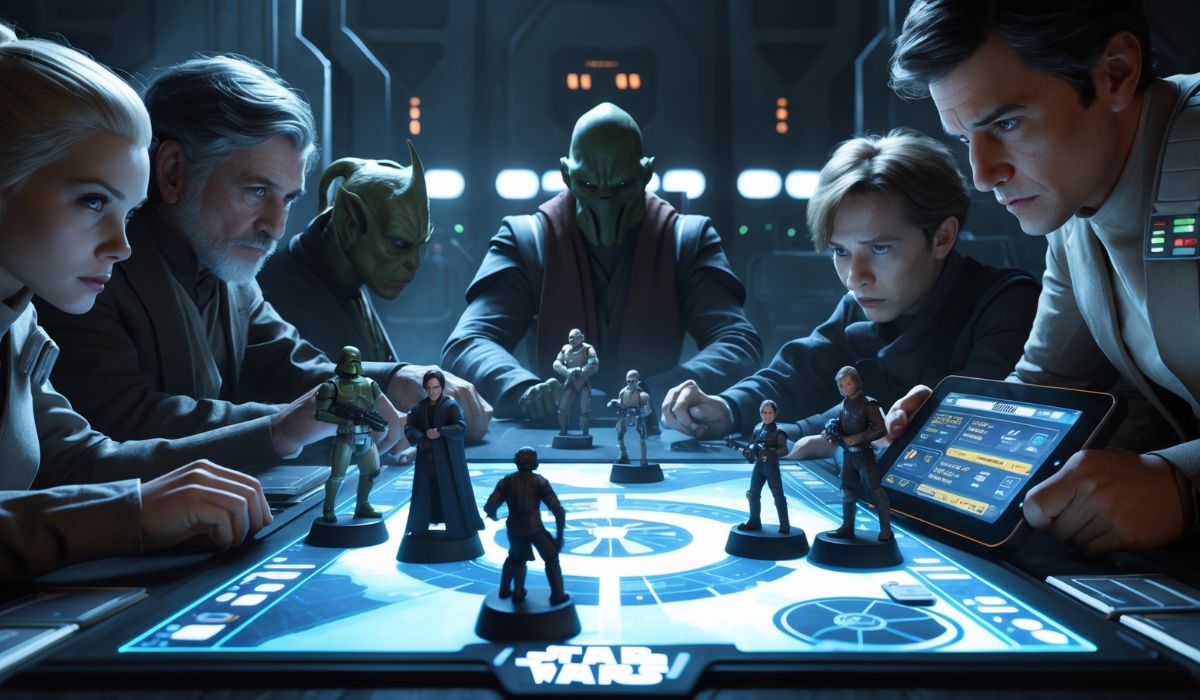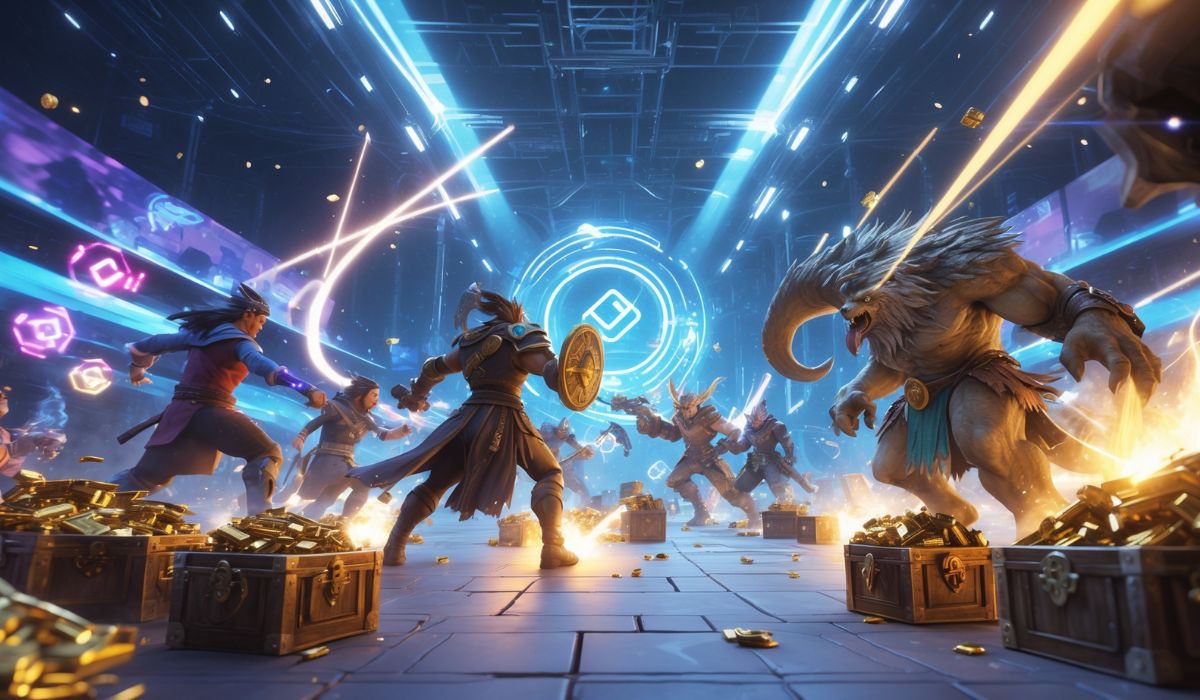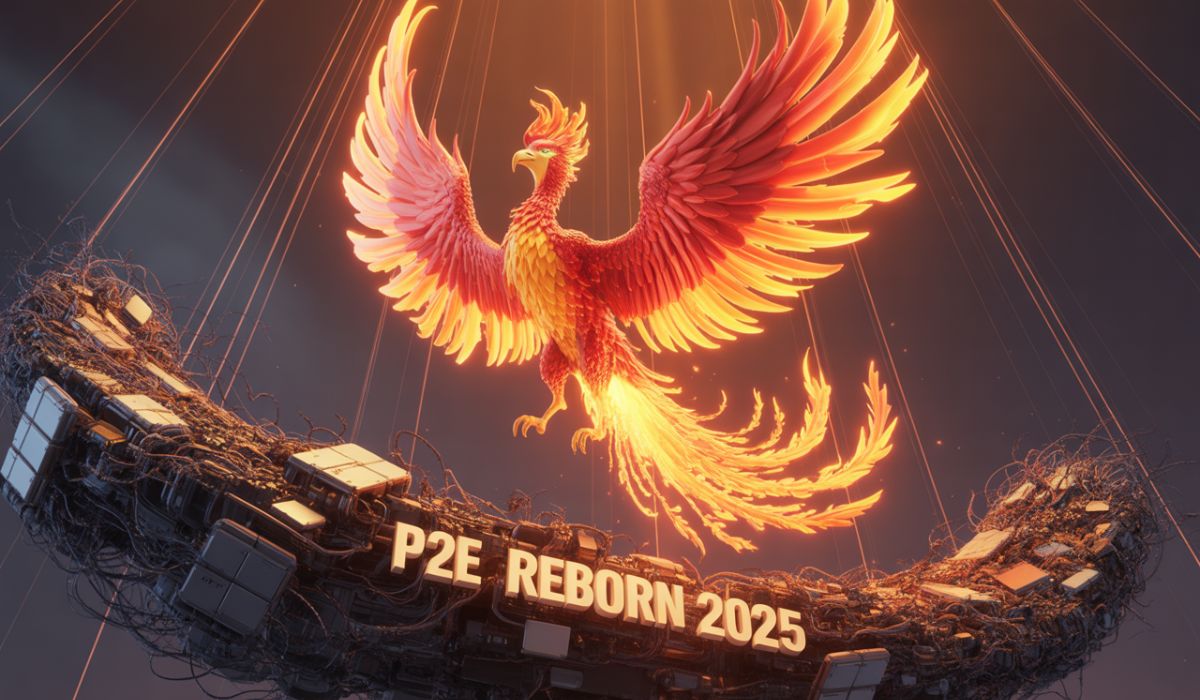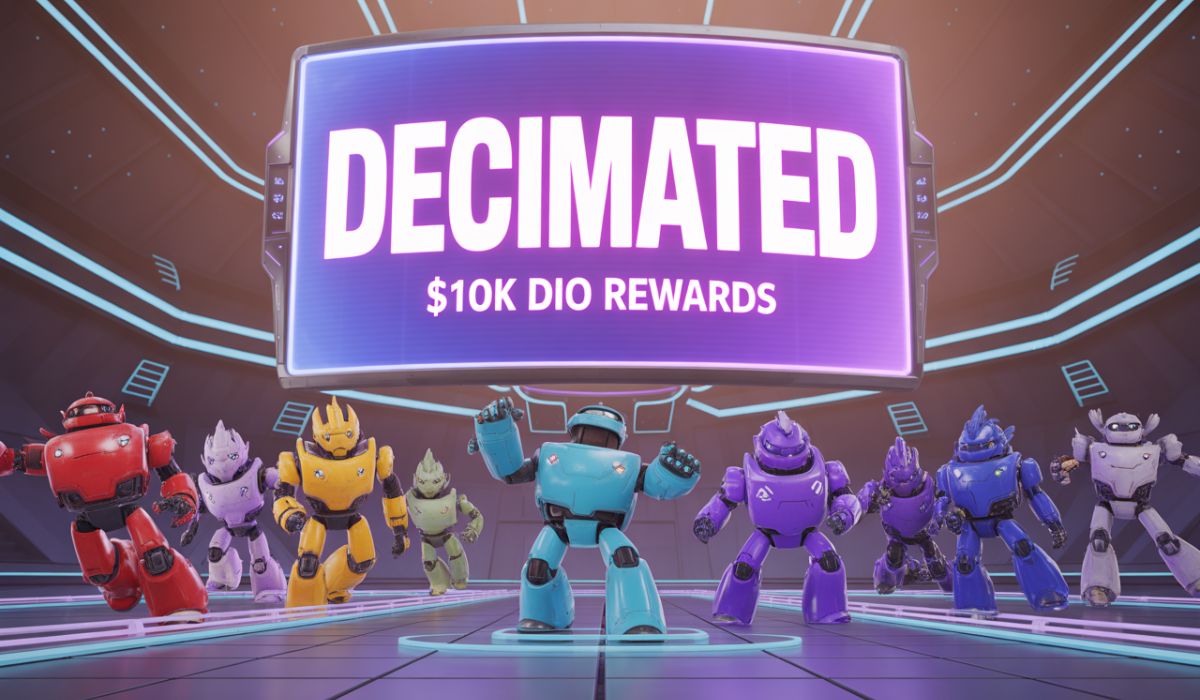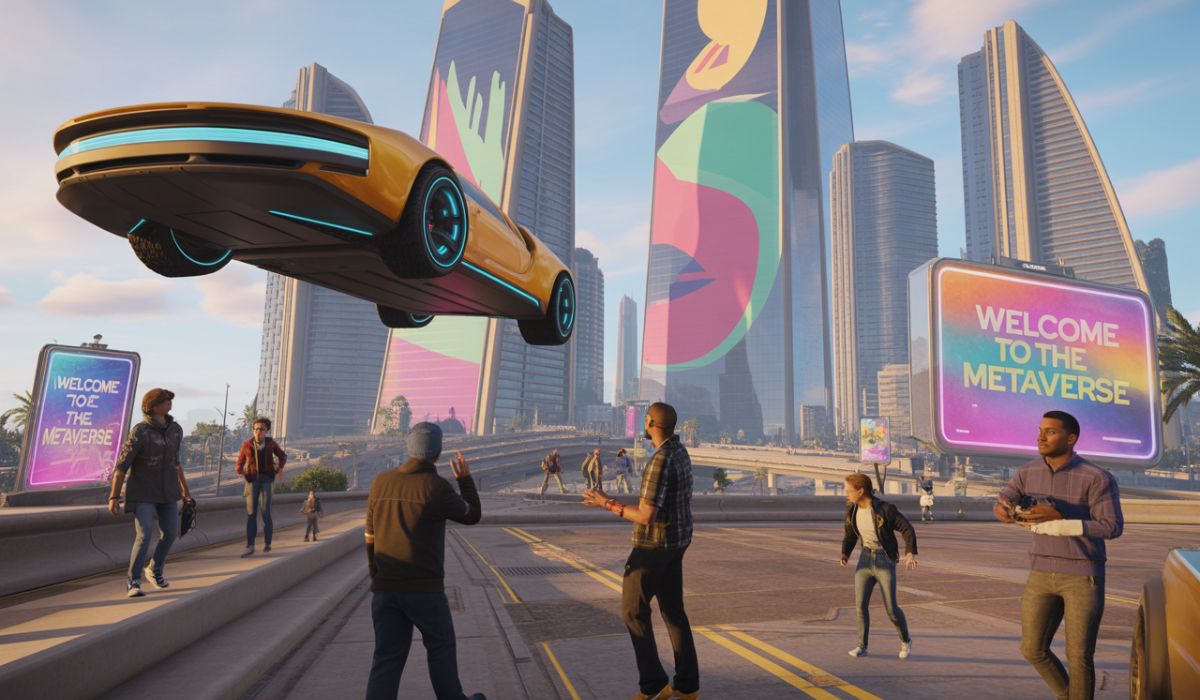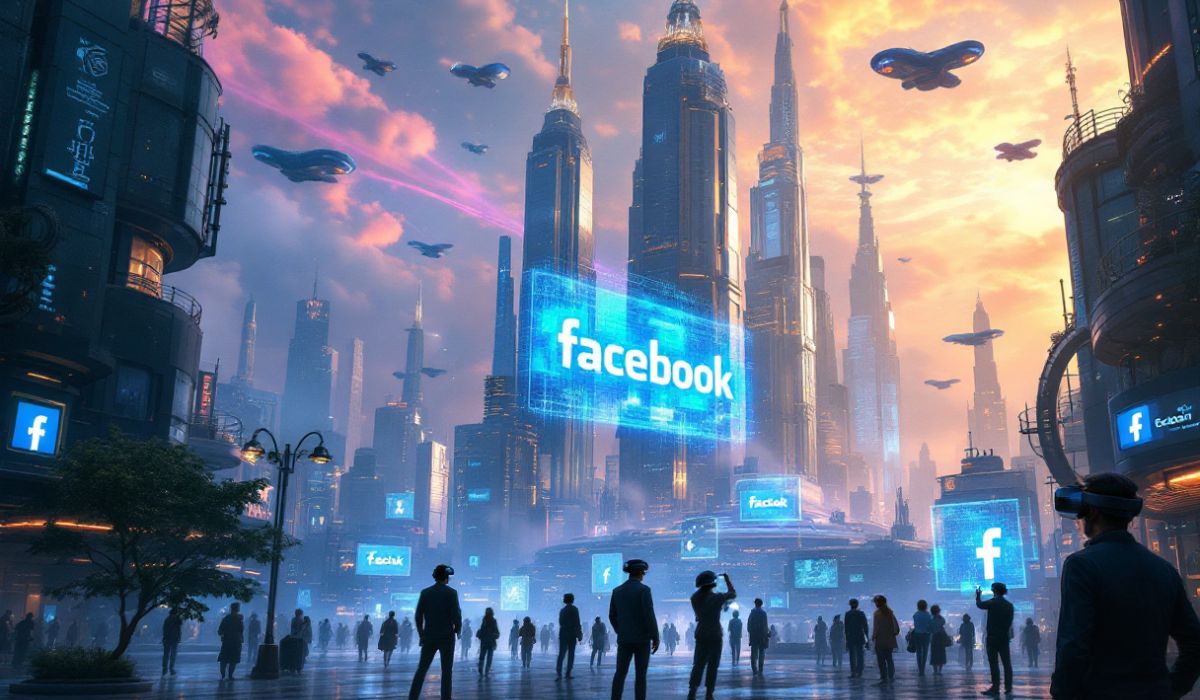
Facebook Metaverse
On April 14, 2025, I find myself on a chilly Monday under rainy conditions sitting in the comfort of my apartment while my laptop screen produces soft illumination while I browse current technology updates. I experience heart palpitations every time I learn about Meta’s Metaverse platform because this once science fiction notion has become an actual digital world for connecting with others while playing games and dreaming. My attachment to technology began during my Halo LAN party experience alongside my interest in crypto since Bitcoin offered its value in its early days leads me to experience a living version of what feels like the concepts from Ready Player One but remains both messy and human. Virtual concerts in Horizon Worlds excite my friend Tom so much that he shared them with me while my cousin Sam remains cautious about owning virtual estate in the digital world. The combination of VR headsets with AI avatars and blockchain functionality allows Meta to transform science fiction into reality which creates wizardry enthusiasm throughout my being. Meta’s Metaverse narrative emerges as a genuine account of their Metaverse platform through which scientists make a present-day leap from futuristic books into real life while sparking mixed reactions throughout the community.
From Snow Crash to Reality: Meta’s Metaverse Takes Shape
The concept of Meta’s Metaverse initially appeared as a bit of Mark Zuckerberg’s imagination yet has transformed beyond its original meaning as a terminology from Neal Stephenson’s 1992 science fiction novel Snow Crash which created the word “metaverse.” During that time period individuals viewed it as an audacious concept that created an avatar-based virtual landscape filled with fluorescent-lit pathways and corporate dominations. Staring into the future of 2025 I can see myself accessing the Quest 3 headset to experience Horizon Worlds and watch SZA perform in a virtual concert while building treehouses with Tom through digital means. According to Reuters (October 12, 2024) Meta has allocated $15 billion for 2024 to develop this venture by merging VR, AR, and blockchain technology into digital environments for work and leisure activities. During his 2021 interview with Verge Zuckerberg described the metaverse as an embodying internet through which users become active participants instead of being passive observers. The idea gets to me because presence like online game friends takes gameplay to a whole new level. My memories of my initial attempt at Horizon Worlds still remain fresh—we both laughed while I struggled with the virtual dancing steps using my awkward avatar. Despite progress Meta faces challenges according to X users who claim Horizon Worlds needs better bug fixes from the company. The rapid advancements at Meta include live Facebook streaming from smart glasses in addition to AI-controlled avatars that create an atmosphere more real than fictional for my upcoming social encounters. The concept seduces me with its ambitious yet disorganized nature because I must determine whether Tom correctly predicts this gaming path or if Sam accurately labels it an industrial business trap.
Why It Matters: A Digital World We Can Own
My gamer love directs itself toward the Metaverse because it lets users genuinely own their work through features such as VR and creative building capabilities and blockchain-based NFTs. Pixel artist Sam would be using Decentraland NFTs for his sketches just like JJ Lin did in 2021 according to Yahoo Finance (December 14, 2021). Unlike Second Life servers that confined user builds to their domain Meta is experimenting with decentralized technology while refraining from committing to full blockchain inclusion. CEO John Hanke of Niantic perfectly described his stance on the metaverse during his 2021 Fortune interview when he said, “I like the metaverse concept as written fiction even though the fictional worlds in those books show a horrible future”. Meta demonstrates positive signs by developing collaborative spaces instead of maintaining privacy-controlling environments. DiskordYNC between associates has become essential for organizing our virtual Horizon LAN parties while our friends develop ETH and SAND-based custom skins. A dark aspect emerges after @CryptoSkeptic and other X users accuse Meta’s metaverse of centralized control that prevents users from enjoying true freedom (April 12, 2025). The conflicting ownership models between blockchain and Meta’s control framework create a dilemma for me since I cannot decide if I should agree with Sam about Zuck’s monopolistic power or follow Tom’s excitement over the virtual Fortnite experience. I find it impossible to resist the Metaverse’s power to construct and distribute content while making money because it represents a realistic version of science fiction which I can access, and I want to experience all its defects.
The Tech Behind the Magic: VR, AI, and a Blockchain Tease
What’s powering this sci-fi-to-reality leap? The three technology elements of VR headsets joined with AI avatars using blockchain technology have me completely obsessed. The latest Quest 3 headset from Meta from 2023 presents an impressive array of 4K visuals together with optimized hand-tracking which almost made me lose track of being in the living room while playing Beat Saber. According to Zuckerberg, their Workrooms application creates modern-day Star Trek spaces that deliver a distinct form of productive experience as reported by Times of India (September 29, 2021). Tom conducts remote Workrooms meetings as his avatar delivers successful pitches throughout my digital orc battles. The power of Artificial Intelligence serves as the key ingredient according to The Economic Times (September 28, 2023) through its facial expression mimicry feature in chats. The blockchain system operates as the key variable of the platform although Meta lacks full decentralization since NFT marketplaces using OpenSea can connect to Horizon for creator asset sales. In my imagination Sam axes virtual sales of his $SAND sword without losing his characteristic grin from our Pokémon trading days. Anthony (@DecentralizeNow, April 13, 2025) displays user frustration when he declares that Meta’s blockchain teaser is inadequate for real Web3 adoption to succeed. I remain optimistic about the $15 billion investment Meta has made according to Reuters which could unite VR development with blockchain capabilities even though Sam’s concern about Facebook 2.0 persistence troubles me. I endorse an independent Metaverse while recognizing its tech brilliance because establishing trust appears as the main obstacle.
Challenges and Dreams: Can Meta Pull It Off?
This browser-based virtual dream attracts me tremendously, yet several obstacles including technical glitches and market doubts and rivalry attempt to anchor it down. In 2022 Horizon Worlds suffered declines as most users abandoned the platform due to buggy software features and unintuitive user interfaces according to The Wall Street Journal (October 17, 2022). At my first Horizon lag my avatar froze in motion while I cursed until X warned me with “Fix Horizon’s bugs Zuck!”. Decentraland has gained traction through their NFT market growth and Solana recorded a $143 price increase according to CoinMarketCap on April 14, 2025, while Apple prepares to launch its Vision Pro device (NYT, June 5, 2023). Tom looks enthusiastic yet keeps his doubts at bay as he states that Meta holds sufficient funding, yet his question remains about maintaining entertainment value. Sam questions the developments because he thinks Meta’s vision resembles the digital dystopia depicted in a 2021 satirical New Yorker article which portrayed its world as Nazi propaganda-filled spaces (October 20, 2021). My big dream involves Meta partnering with Atari and Gucci as Decrypt reported on March 28, 2025, about concert events and fashion releases that could eclipse Roblox. The combination of a 6K display with blockchain API access through Meta could push the platform higher than ever according to Cointelegraph (October 22, 2024). The future of this technology depends on creators producing virtual content and hosting virtual LANs while Meta needs to establish credibility before achieving this goal.
Ultimately
My gamer identity demands expression as Meta’s reality transformation creates an impact like a game-winning moment. What’s your vibe? Does your interest lie in making NFTs or do you spend time in Horizon and notice the current hype? Your take on this digital game needs to be dropped because I eagerly want to hear your virtual gameplay approach. We should examine this Metaverse fantasy hand in hand—your choice.


